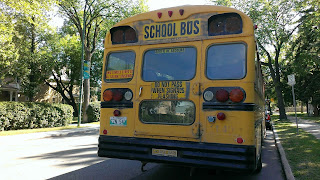Knowledge vs Education
Long distance education has a new name, online tuition, thanks to COVID-19, that thrives on human beings packed like sardines on beaches, cinema or classrooms.
What the virus has also done is to dissolve the artificial divide between education without an address and education that takes place in buildings, with human beings called teachers, educators, lecturers, tutors, instructors or advisers.
Long distance education or correspondence education was frowned upon. The ideal was ivy league or red brick education with a physical address, and its gold embossed certificates, school blazers, ties and illustrious former students. The school tie might not be as prestigious as it was in ancient England, but it has equivalents, like backpacks and sports jerseys.
Address education opened doors of commerce and prestige after graduation. That is why students travelled from Africa, Asia, Europe and South America to walk down the halls of famous colleges.
Some of those colleges are going online this fall. No classes. It is a nightmare for parents, educators and students, particularly foreign students whose dreams hinge on that famous college address.
COVID-19 and the subsequent shift to online education therefore forces us to examine what education is. No, it demands that we glue together what we separated, which is knowledge.
All races had knowledge systems which enabled them to survive harsh winters, scorching summers, unpredictable rivers and vicious animals on land and sea. Knowledge was so important, all members of a given society had it. They had to. Their life depended on it. There are still such societies and we call them ‘underdeveloped’.
Then came education. It could only be gathered in buildings called schools in certain languages, therefore nullifying collective knowledge. Societies were split into the educated and uneducated, us and them.
Then came the internet. It neutralized the divide. Knowledge, in whatever shape or form is once again in the public domain. Academia tried to resist it, professors insisting that students use thick books to prepare assignments and not online resources. Not anymore.
COVID-19 has patched the holes ‘education’ created in knowledge. A building is no longer the only palm tree for knowledge. The internet is. That is why colleges will go online this fall, this historic 2020 fall.
By: Nonqaba waka Msimang.




Comments